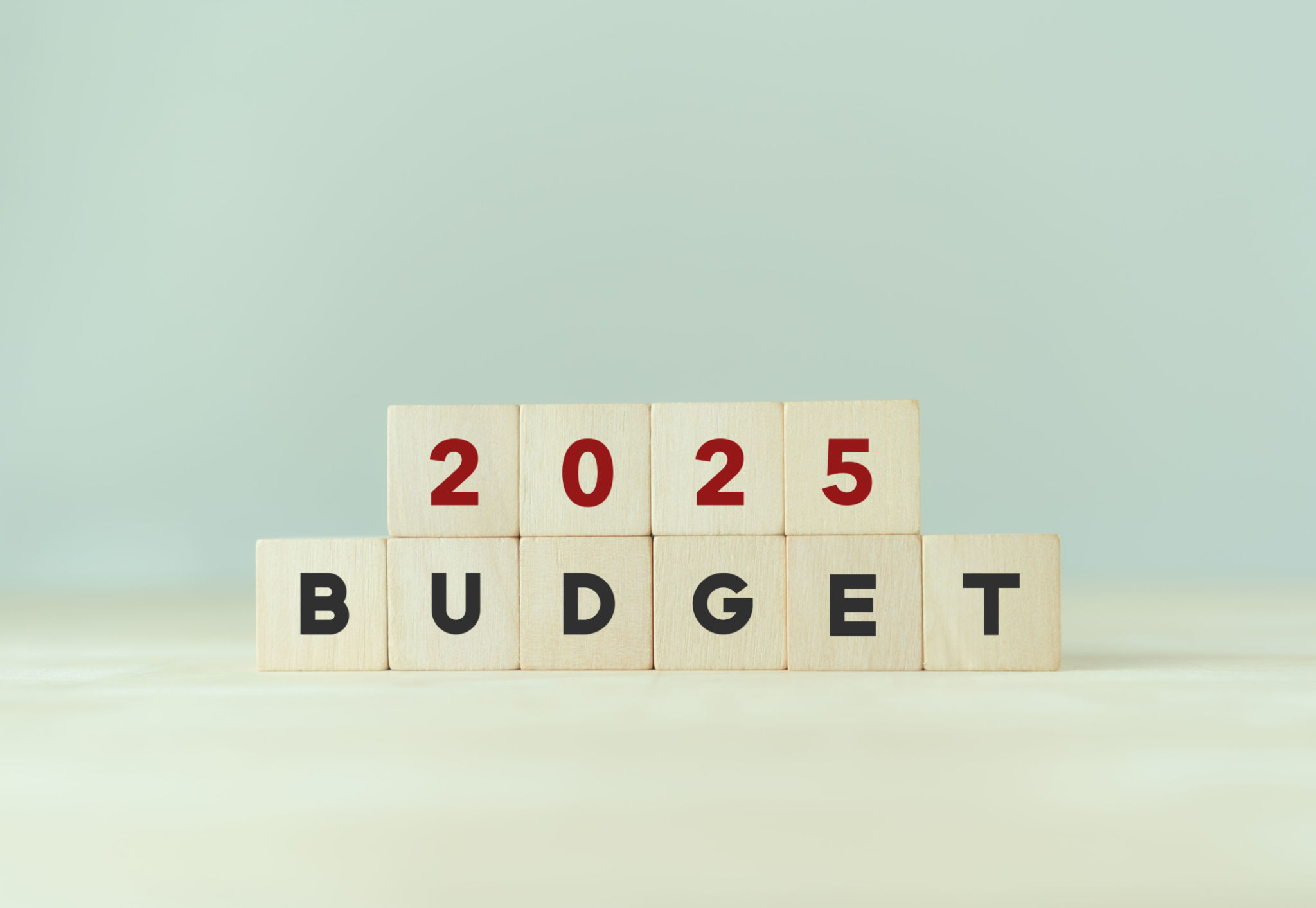Comprehensive 家計相談: Creating a Balanced Household Budget
Understanding the Importance of Household Budgeting
Creating a balanced household budget is an essential skill for managing personal finances effectively. It helps families ensure that they are living within their means and working towards their financial goals. By keeping track of income and expenses, you can identify areas where you might be overspending and make necessary adjustments to foster financial stability.
Budgeting isn't just about restricting spending; it's about making informed choices that align with your family's priorities. A well-planned budget can help reduce stress, improve savings, and even provide the flexibility to enjoy leisure activities without guilt.

Setting Clear Financial Goals
Before diving into the numbers, it's crucial to establish clear financial goals. These goals could include saving for a vacation, building an emergency fund, or planning for long-term investments like retirement or education. Having specific objectives will guide your budgeting efforts and keep you motivated.
Start by listing your short-term and long-term financial goals. Short-term goals might include paying off credit card debt or saving for a new appliance, while long-term goals could involve purchasing a home or funding a child's education.
Tracking Income and Expenses
The next step in creating a balanced budget is to track all sources of income and categorize every expense. This process provides a clear picture of your financial situation and highlights potential areas for improvement. Use tools like spreadsheets, budgeting apps, or even pen and paper to record every transaction.

Common categories include housing, utilities, groceries, transportation, medical expenses, entertainment, and savings. By organizing your expenses, you'll gain insights into your spending patterns and can make informed decisions on where to cut back if necessary.
Creating the Budget
Once you've tracked your income and expenses, it's time to create a budget plan. Start by subtracting your total expenses from your total income to determine whether you're operating at a surplus or deficit. A balanced budget will have expenses equal to or less than income.
Allocate funds for each category based on past spending patterns and future needs. Remember to prioritize essential expenses like housing and utilities before allocating money for discretionary spending. It's also wise to set aside a portion of your income for savings and emergencies.

Reviewing and Adjusting the Budget
A household budget is not a static document; it should be reviewed regularly to accommodate changes in income, expenses, or financial goals. Schedule monthly or quarterly reviews to assess your progress and make necessary adjustments.
If you find yourself consistently overspending in certain categories, consider reevaluating your priorities or finding ways to reduce costs. This might involve negotiating bills, finding cheaper alternatives, or cutting non-essential expenses.
Engaging the Entire Household
Successful budgeting involves the entire household. Encourage open discussions about finances with family members to ensure everyone understands and contributes to the budget plan. This collaborative approach can foster a sense of accountability and shared responsibility.

Involve children in budgeting discussions by teaching them about money management and savings from an early age. This not only helps them develop good financial habits but also ensures that everyone is working together towards common goals.
Utilizing Technology for Budget Management
In today's digital age, there are numerous tools available to help manage household budgets efficiently. Budgeting apps and online platforms can streamline the process by automating expense tracking, providing insights, and sending alerts for upcoming bills.
Explore different technologies to find the ones that best suit your family's needs. Embrace features that allow for easy collaboration among family members, ensuring everyone stays informed and engaged in the budgeting process.
